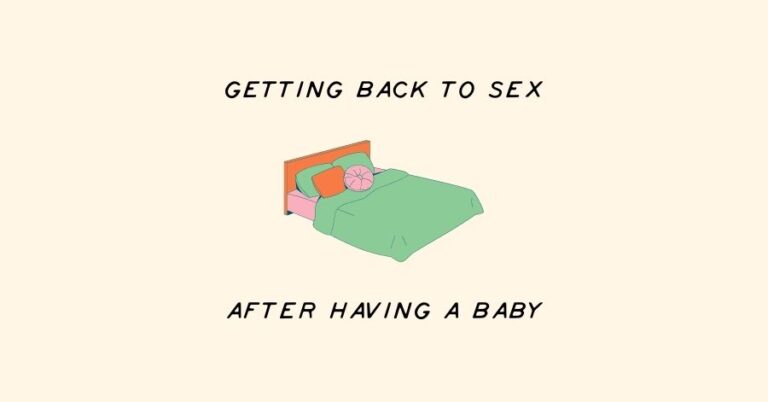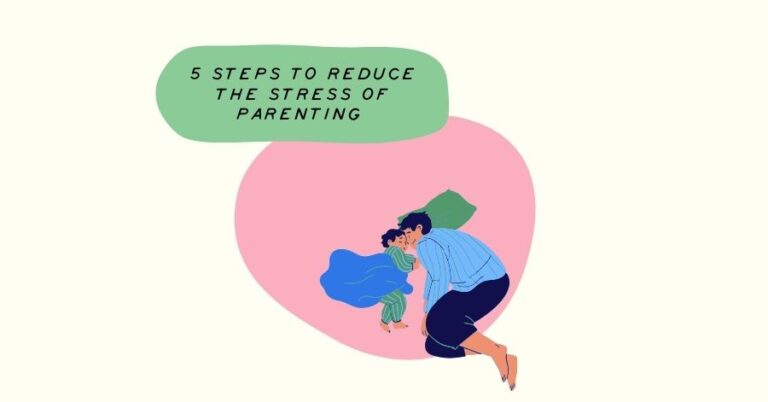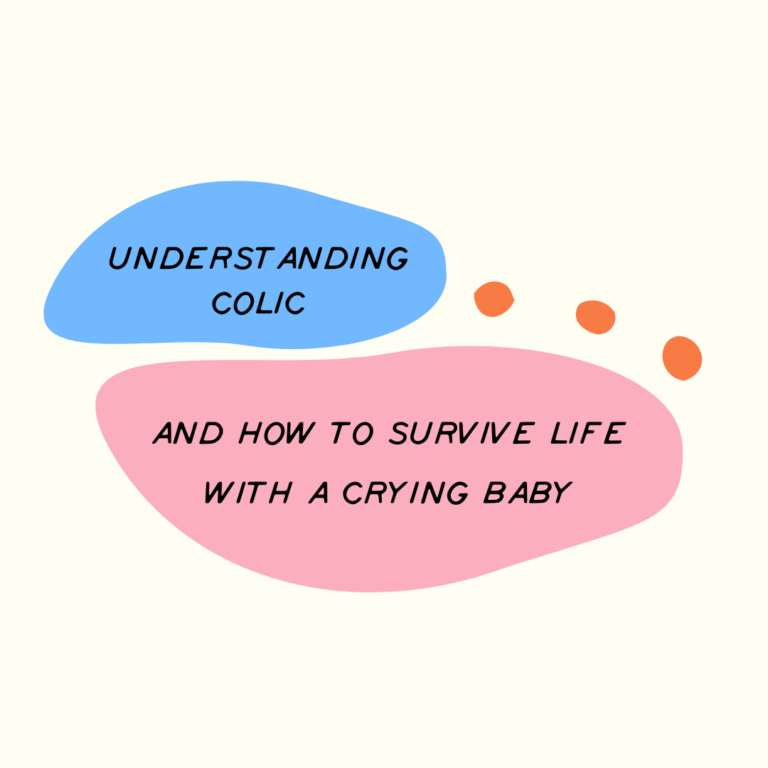Nothing kills the mood quite like a baby. You’ve just brought home a tiny person and all you’ve been able to think about is feeding, sleeping and who’s on nappy duty next.
If the thought of getting down to business hasn’t entered your mind since bub arrived, it’s no problem (in fact, it’s quite common). There seems so little time, you’re always tired and hormones may have turned your libido from steady to non-existent.
Things usually return to normal in the 1-3 month period after giving birth and it’s somewhere around here that doctors say it’s safe to resume sexual activity. There are, of course, many other factors to consider, but more on that later.
So if you’re keen to start using the bed for more than just napping, it may be time to start thinking seriously about sex post-birth.

There are generally three hurdles that pop up when attempting to get back to sex.
Some women will find they have a low sex drive after having a baby. This can be biological, in the hormone changes that occur during breastfeeding and the resulting dryness from lowered oestrogen and progesterone.
Alternatively, sex may just not be on your mind as the dynamic changes when a newborn is introduced to the household.

While childbirth can be a beautiful experience, there’s no denying the effect it can have on a person’s body. Conditions like vaginismus, perineal tears, episiotomy or Caesarean scar pain may put a damper on your ability to get back to sex, so it’s important to allow time for your body to recover.
Generally, the recommended waiting period for getting back to sex postpartum is 4-6 weeks to respect healing timeframes for both vaginal and Caesarean births, but this may vary from person to person.
An assessment with a Women’s Health Physiotherapist is strongly encouraged for help with healing.

The weeks and months after having a baby can be a very difficult period (emotionally or otherwise.) You may find that you’re spending all your time and energy on caring for your baby, and sex seems to take a back seat.
Women often feel irritable or more emotionally sensitive than usual in the days following birth; such feelings are commonly known as the baby blues and while they are normal, it’s important to distinguish them from postpartum depression.
If you feel as though you may have postpartum depression, don’t hesitate to book an appointment with a GP for support and treatment.

If you’ve managed to surmount these hurdles, congratulations! You’re ready to take your first few steps towards rekindling the fire that may have been put out by not being able to put out.
Here’s what to do if you want to ‘do it’:
Worried about pain? Not really feeling all that into it now that it’s become more real? Voice this to your partner. Starting a conversation and keeping it open means that, not only will you feel more comfortable when you eventually have sex again, you’ll be able to confidently stop if it’s not working.
This can also be an opportunity to talk to a Women’s Health Physiotherapist as conditions like vaginismus can be assessed and treated. They can also offer you expert advice that will allow a greater understanding of the female sexual response in the anticipation of pain and the tensing of the vaginal muscles, and ways to overcome this response.

As postpartum sex often affects more than one person, there may be two perspectives that require consideration.
If your partner is male, there is a chance that he may experience a drop in libido that mirrors yours. If not, they may be feeling something completely different altogether, but you won’t necessarily know until everything is out on the table.
Listening to and understanding your partner’s feelings is an important step in connectedness, and in finding a compromise that suits both parties.

If you decide you’re not quite there yet, it’s completely fine. As Karina Lane writes, “physical closeness doesn’t have to be about sex.” Making an effort to cuddle and hold hands more often, spending time together without the baby, or watching TV and talking together are all ways of strengthening intimacy that can make it easier to resume sex when the moment is right.
Remember also that the term ‘sex’ can cover a variety of activities, and while you may not be able to partake in some, others may be perfectly fine to resume.
You’ve cuddled. You’ve had the hard talks. And held hands throughout the entirety of a Netflix binge. Once you’ve decided that you’re ready for postpartum sex, there are a few ways to help minimise any pain you may experience.
Due to the changes that happen to your body during the postpartum period, some women experience vaginal dryness and tenderness. Using lubrication can help with this and make sex less painful.
If you have control over the position, angle and rate of entry (for instance, by being on top), it will allow the vaginal muscles to relax and also reduce anxiety and pain. Being conscious of vaginal healing is important and while there may be some angles that work, others may require more time before attempts can be made comfortably.

The answer may differ, depending on which parent you ask. If you add the recommended waiting period + physical healing + headspace…you may still be unsure.
As ABC’s Kellie Scott writes in her article “The expectations and pressure to have sex after childbirth”, it’s a couple’s issue, rather than just a woman’s issue, and sometimes reinforcements may need to be brought in. Whether this comes in the form of a GP, psychologist or physiotherapist, there’s no shame in seeking help.
Only you can decide when you’re ready. Just be sure that, when you are, you go in prepared.
And that brings us to…
If the idea of going through all this again in the near future is even scarier than postpartum sex, be sure to book a GP appointment to go over your options.
“This period of time requires 3 basic steps to get through as a couple:
In truth, these three approaches are what resolve all relationship problems. How to have sex after childbirth is very much in the same ballpark.”
If you find that you don’t manage to have sex again as soon as you had perhaps hoped, it’s important not to deem yourself a failure. You’ll get there eventually (most do, or siblings wouldn’t exist) so keep communication strong, take time for yourself and when you feel you’re ready, try, try again.

Practical and gentle advice on getting back to sex, from GP Obstetrician Dr Leon Levitt. He discusses everything from communication in relationships to contraception.

Stress in parenting has reached epidemic proportions. How can we take the natural stress and worry of parenting, and stop it from becoming excessive? By following these 5 simple steps from Dr Leon Levitt.

What does it mean when my baby cries? How do I know if they have colic or reflux? Dr Levitt provides all the answers when it comes to unsettled and crying babies.
We acknowledge the traditional custodians of the land on which Baby Steps stands and we pay our respects to Elders past, present and emerging. The land on which we live and work always was, and always will be Aboriginal land.
© 2024 Babysteps Health Centre | Terms of Service | Privacy Policy | Shipping & Returns
The Clinical Guidance Committee advise Baby Steps on all clinical matters effecting the health practitioners within our centre. It’s members gather together to discuss and develop guidelines relating to:
Meetings are held several times a year, or at the request of Baby Steps for specific clinical advice. It is lead by a chairperson and educational coordinator, elected by the group of participating health practitioners.
Baby Steps supports the independent businesses of:
If you’re looking for support, contact our Practice Manager Michelle Bredemeyer
pm@babystepshealth.com.au
08 9387 2844